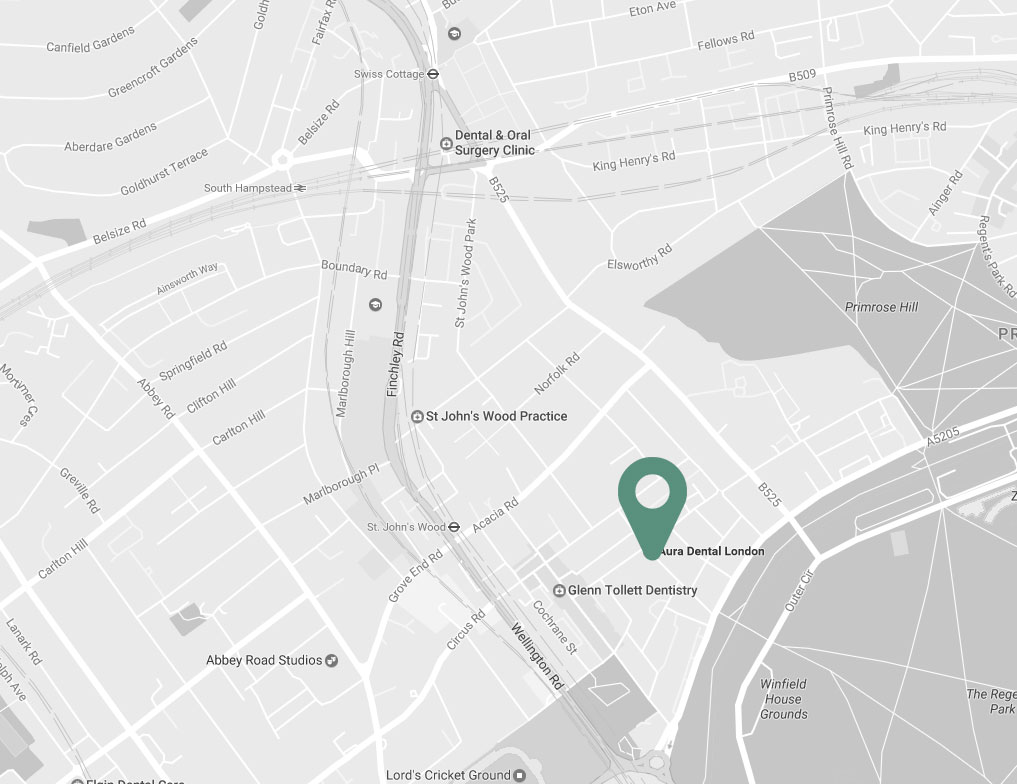
Irritable bowel syndrome (IBS) is a huge problem that affects about 10-23% of people worldwide. In other words, around one in five people suffer unnecessarily from something that can often be easily addressed by focusing on the root causes using the principles of naturopathy and functional medicine.
IBS is the label that doctors lump symptoms like bloating or gas, distention, constipation, diarrhoea, and cramping under. As its name suggests, IBS occurs when the bowel becomes irritable. There is no structural problem.
One of the most common root problems is dysfunction in the gut ecosystem. You might have already been advised to eat more fibre or take antispasmodic drugs, but that’s generally not sufficient to address all underlying causes.
There are five main causes of all disease:
All of these can trigger symptoms and create thousands of diseases.
Food sensitivities are very common, and the most widespread thing in food that people react to is gluten. That’s the protein found in wheat, barley, rye, kamut, bulgur, couscous and spelt. Even if you test negative for gluten antibodies or celiac, it is still possible to have a reaction to gluten. Functional blood sensitivity tests for gluten and gluten cross-reactive foods are more sensitive.
Dairy is another big problem; about 75% of people can’t digest the lactose in dairy, which results in bloating, gas, and diarrhoea. Even if you don’t have lactose intolerance, dairy can still create problems. Dairy contains proteins, such as casein and whey, that can cause irritation and inflammation in the gut.
A delayed food allergy test (IgG antibodies) can determine the exact foods one is sensitive to. However, this test should not be done sooner than six months from when starting to work with a nutritionist. A leaky gut can lead to false positives.
The second most common underlying cause of IBS is dysbiotic gut flora. 100 trillion bacterial cells exist within our gut ecosystem. There are 10 times as many bacterial cells as there are our own cells (and that makes us only about 10% human if you think about it!). When the percentage of probiotics and pathogens is not 85-15% respectably we have dysbiosis – an overgrowth of bacteria, parasites and/or yeast that can lead to IBS symptoms.
Good bugs in the wrong spot can also create problems. Most bacteria are located in your large intestine but, sometimes, they move up to the small intestine, which should be sterile. Starchy food like bread, cereal, pasta, rice, and sugary food gets fermented by bacteria, leading to gas, bloating, pain and changes in bowel movement. SIBO (the overgrowth of bacteria in the small intestine) can be easily diagnosed by a breath test.
Yeast overgrowth can happen because of taking antibiotics, steroids, birth control pills, or acid-blocking drugs. It also occurs with high sugar consumption, alcohol and diabetes. Herbal antimicrobials and antifungals can be very potent in removing pathogens. A comprehensive digestive analysis (stool test) is often very helpful in identifying the pathogen(s). Some labs run an antibiogram to determine the right herbal and medicinal agent for the pathogens found.
After removing the bad guys, we have to replenish the good guys, through specific and personalised probiotic, prebiotic and symbiotic supplements and a targeted nutritional plan (fibre, fermented foods and drinks, pre- and probiotic antioxidants, polyphenols and so on).
You may have heard of the term ‘leaky gut’. When the epithelial cells of the intestine come wide apart (this can happen because of stress, certain medications, alcohol, sugar and processed carbohydrates and so on), toxins, undigested proteins and bacteria re-enter the blood circulation making the immune system hyper-active.
This can lead to a hypersensitive gut nervous system, leading to bloating and changes in bowel movement, but also to autoimmune diseases, allergies and mood issues. No wonder these often coincide.
Nutrients like amino acids, zinc, fish oils, vitamin A, antioxidants and aloe vera help in restoring the gut flora. When the gut integrity is restored, one can proceed to food sensitivity testing. The integrity of the gut is directly measurable through blood test and indirectly through stool and urine tests.
A stool test also indicates insufficiency in digestive enzymes needed to break down and absorb food efficiently. In IBS, we often see low levels of pancreatic and intestinal digestive enzymes, as well as imbalanced stomach acid secretion. There are multiple ways to restore balance.
Deficiencies in nutrients like magnesium, zinc, fish oils and vitamin A, as well as excess in metals, like heavy metals, are common causes of an irritable bowel.
This is precisely why it is so critically important to personalise treatment based on the unique circumstances that exist for each person who suffers from IBS. The solution is most certainly not one-size-fits-all. But solutions can be found if we look carefully at the underlying causes and treat them.
The approach to gut help should be multifactorial and aim to reboot the gut:
A nutrition professional can help by creating a personalised nutritional plan. This can involve starting an elimination diet to take out inflammatory foods and add a great variety of real food, lots of fruit and veg that is easy to digest, good fats and quality protein to restore the gut wall, and gut-healing foods to nourish the friendly bacteria.
Secondly, we will create a suitable and effective supplement regimen, according to your own underlying causes of IBS. Finally, we discuss all health pillars that include but are not limited to exercise, sleep hygiene and stress management, all of which can exacerbate IBS.


| Charlbert St, St John’s Wood London NW8 7BT |
|
| +30 6977 2099 88 | |
| info@naturopathy-med.com |